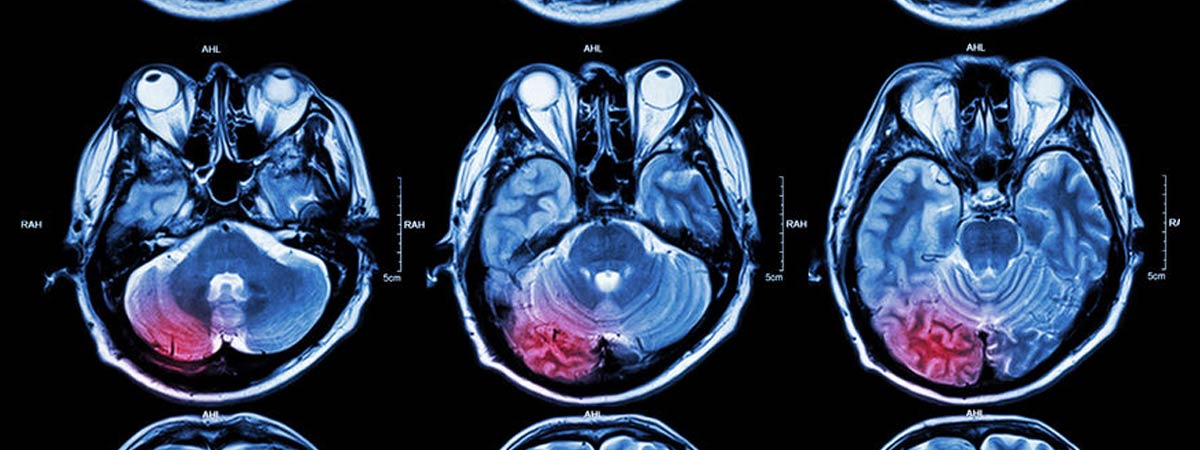Our Philadelphia Brain Injury Lawyers represent people who suffered brain injuries due to someone else’s wrongful conduct. Brain injuries include:
- concussion
- contusion injuries
- penetration injuries
- shaking injuries
- other traumatic brain injuries (TBI)
- asphyxia injuries
Brain injuries caused by neglect or faulty products can have serious and permanent effects. Parties responsible for these injuries can be liable for victims’ damages through legal action. Victims of these injuries may be able to receive payment for:
- extended medical care
- home care
- hospitalization
- surgeries
- occupational and physical therapy
- psychological therapy
- lost wages
- reduced earning ability
- pain and suffering
Brain injury law suits can be extremely complex. They generally call for the testimony of medical and other experts to establish the:
- injury’s cause(s) and effects
- identity of the responsible parties, and
- legal “damages” sustained by the plaintiff
The Philadelphia Brain Injury Lawyers at Heiligman & Mogul, P.C., have the experience and the knowledge to handle these challenging cases.
Philadelphia Brain Injury Attorneys: Legal Support for Victims of Traumatic Brain Injuries (TBI)
A traumatic brain injury (TBI) is a brain injury caused by trauma to the head or brain that interferes with the brain’s normal function. The trauma may be due to a:
- puncture or other invasive head injury
- blow to the head
- shaking or jolt of the brain inside the skull
TBIs account for about 30% of all injury deaths in the U.S. They are also a major cause of disability for people who survive them.
A severe TBI may lead to a victim’s:
- coma
- amnesia
- epilepsy
- increased risk of Alzheimer’s disease
- increased risk of Parkinson’s disease
- memory problems
- attention span problems
- coordination problems
- balance problems
- hearing problems
- vision problems
- depression
- anxiety
- changes in personality
- changes in temperament, and
- changes in impulse control
These effects can have devastating consequences for nearly every aspect of a brain injured person’s life. They can impair the person’s:
- ability to communicate
- ability to engage in physical activity
- ability to learn
- social interaction
- earning potential, and
- self esteem
Falls, traffic accidents, and sports and recreation injuries cause most TBIs. Common examples of such accidents caused by neglect or unsafe products include:
- falls from faulty workplace or household equipment
- falls on carelessly maintained premises
- auto crashes caused by negligent drivers
- sports accidents caused by lack of care for another’s safety
The Impact of Repeated Concussions: Risks of Neurological and Cognitive Problems
A concussion is a mild form of TBI that can still have serious and long lasting effects. Repeated concussions over several months or years can cause neurological and cognitive problems. Repeated concussions over a matter of weeks, days, or hours can be fatal.
Philadelphia Brain Injury Law Firm: Legal Representation for Asphyxia Brain Injuries
Asphyxia brain injuries are injuries caused by a cutting off of oxygen to a person’s brain. Medical or other negligence and dangerous products can also cause this type of brain injury.
Malpractice during a child’s birth can cut off the child’s oxygen supply and cause the child’s cerebral palsy (CP) or other brain injury. These injuries can occur when a doctor fails to:
- watch the vital signs of mother and baby
- recognize and respond to problems with the umbilical cord
- recognize and respond to problems with the placenta
Other instances of medical error that can cause this type of brain injury include negligent:
- administration of anesthesia during surgery
- use of oxygen and other equipment during or after surgery
- failure to diagnose and respond to a patient’s heart attack
A wide variety of other types of negligence and unsafe products can also cause serious asphyxia brain injuries. Here are a few of the many examples of neglect, product defects, and related asphyxia injuries:
- smoke inhalation caused by a negligently set fire
- non-fatal drowning injury caused by failure to prevent children’s access to premises with pools or other bodies of water
- children’s choking or suffocation injuries caused by defective toys
- inhalation of deadly gas released by defective household equipment

